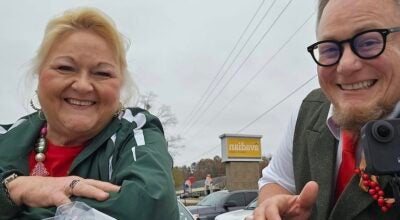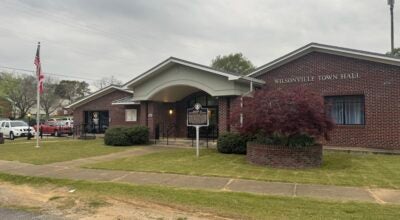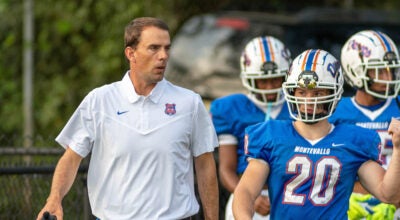Talking about bones shows value of life
Published 1:22 pm Tuesday, September 14, 2010
While researching my in-depth story on local cemeteries, “If bones could talk,” from last week’s paper, I spoke with many amazing Shelby County residents who are devoted to finding out more about their families and more about this county.
Norma Jean Howell, Allan Staib, Glenn Nivens, Bobby Joe Seales, Sandra Smith and Geraldine Waldrop are just a few of the people I talked with, but their passion for those cemeteries and for history was astounding. The stories they were able to retell were amazing.
They spoke of their ancestors as if they had personally known them, and I could tell their families’ final resting places were extremely important to them. They all work hard to make sure the cemeteries housing their loved ones are places befitting men and women of honor.
I think it was important for me, a Shelby County transplant, to see these wonderful people working so hard to respect these graves. My family is all over the place, in Alabama, Georgia, Florida and North Carolina, so I don’t really have a place I can go back to in order to see where my family is buried.
Seeing all of these Shelby Countians care so much about the names and dates on crooked stones helped me to understand the value of having a place like that. Sometimes it’s nice to be able to go walk among your people, to pat a headstone lovingly and say, “That’s my great-grandfather,” as Howell did in the Mt. Calvary Missionary Baptist Church Cemetery.
For so many of these families, these local cemeteries represent home, a starting point for family history. That may not be so for me, but I can respect that history and I can understand why it’s so important to so many.
Family may not define who you are, but it can show you the sacrifices made by those who came before you and inspire you. For local citizens, their family histories come together to make up Shelby County’s history — something worthwhile for all of us to care about.









